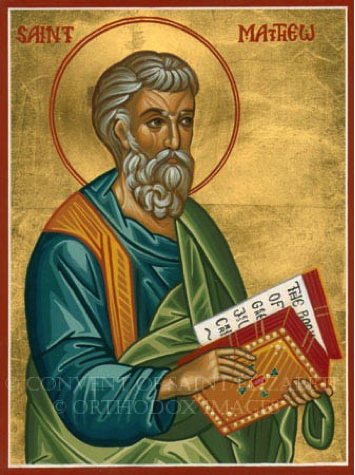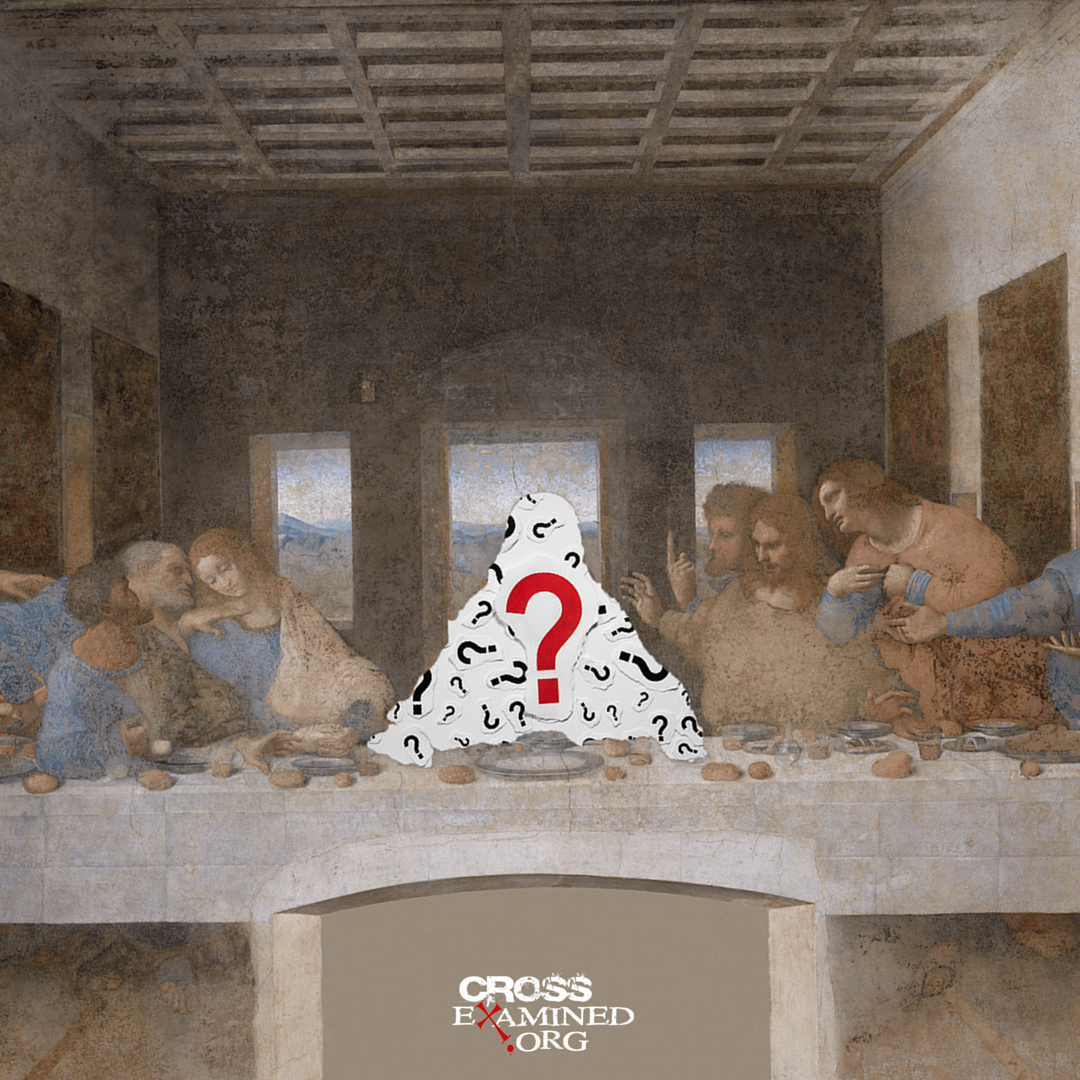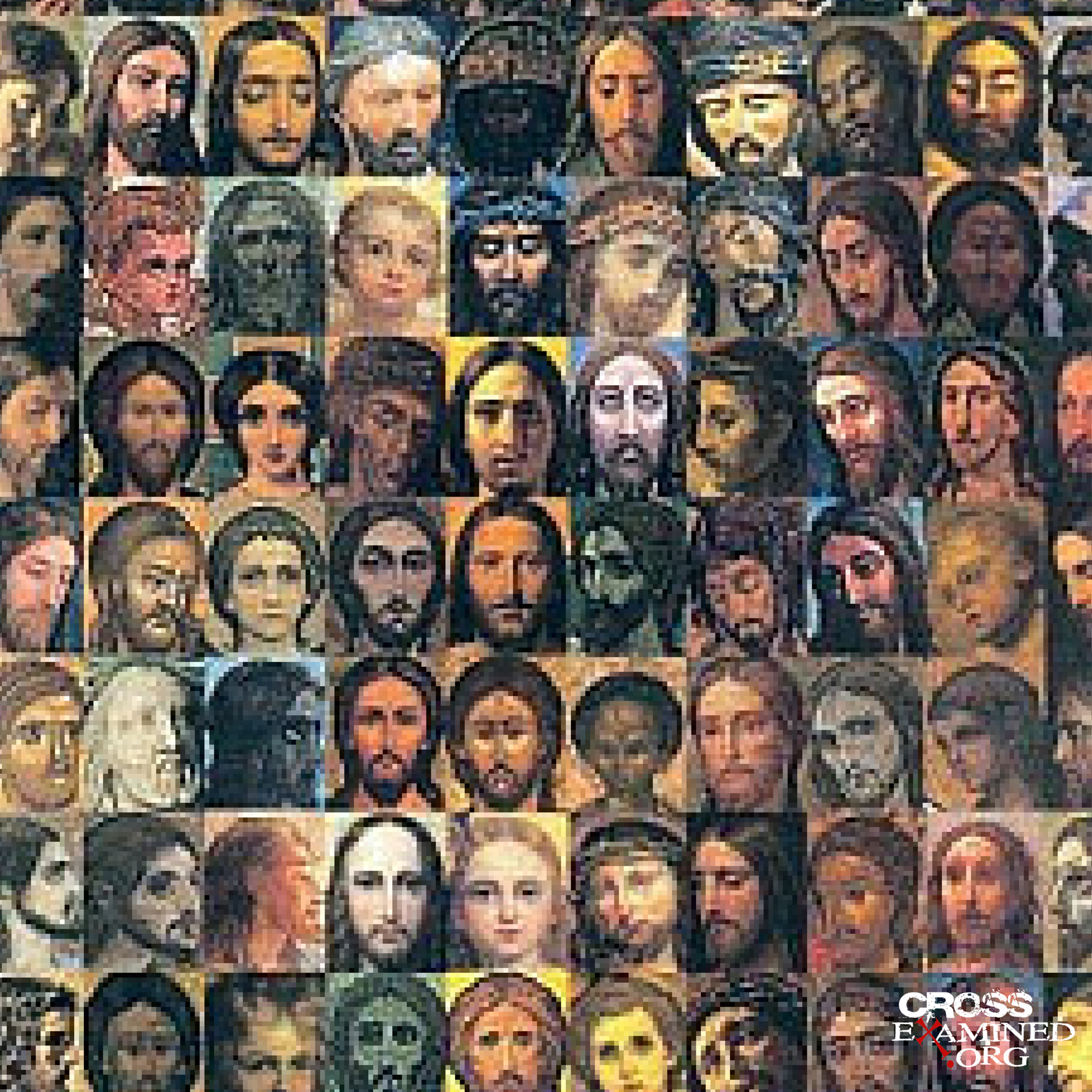In a previous post “What Can We Historically Know about Jesus,” I discussed various ways historians identify an event or person as historically credible. I also discussed Gary Habermas’ 12 Minimal Facts Approach, which validate key events of the life of Jesus. Those 12 facts are:
“1) Jesus died by Roman crucifixion. 2) He was buried, most likely in a private tomb. 3) Soon afterward, the disciples were discouraged, bereaved, and despondent, having lost hope. 4) Jesus’ tomb was found empty very soon after his interment. 5) The disciples had experiences that they believed were actual appearances of the risen Jesus. 6) Due to these experiences, the disciples’ lives were thoroughly transformed, even being willing to die for this belief. 7) The proclamation of the resurrection took place very early, at the beginning of church history. 8) The disciples’ public testimony and preaching of the resurrection took place in the city of Jerusalem, where Jesus had been crucified and buried shortly before. 9) The Gospel message centered on the death and resurrection of Jesus. 10) Sunday was the primary day for gathering and worshipping. 11) James, the brother of Jesus and former skeptic, was converted when, he believed, he saw the risen Jesus. 12) Just a few years later, Saul of Tarsus (Paul) became a Christian believer due to an experience that he believed was an appearance of the risen Jesus.”[1]
In this eight-part series, we will investigate how Jesus stands up to the historical scrutiny afforded to any person of antiquity. This week, we will examine the issue of area of multiple, independent sources.
Historians do not accept a historical testimony at face value. They look for a variety of sources relaying the same information. The more sources they have pertaining to an event, the more certain the historian is that the event actually took place.
The historian’s job is much like that of a detective. A detective assesses a crime scene. In doing so, the detective looks for eyewitnesses. One person may have seen the crime from one area. Another may have seen the crime from another angle. The more eyewitnesses, the more certain the detective can be that the event took place in a particular fashion. The same is true for the historian.
As it relates to Jesus, one must ask whether there are multiple independent testimonies relating Jesus. The answer is…
YES!!!
Just how many independent sources do we have…that is, sources that are not shared. The following are generally agreed by historians as serving as independent sources.

- Information independent in Matthew’s Gospel (c. A.D. 55-60).
While there is information shared between Matthew, Mark, and Luke, Matthew provides information only found in his gospel pertaining to the life of Jesus. From external and internal evidence, I believe the Apostle Matthew recorded the information in the Gospel that bears his name.[2] The following is found exclusively in Matthew: angel appears to Joseph (Matt. 1:18-25); visitation ofthe Wise Men (2:1-12); escape to Egypt (2:13-18); return to Nazareth (2:19-23); much of the Beatitudes (3:1-5:42; 6:1-34; 7:7-14); Jesus’ promise for rest for the soul (11:20-30); leaders ask for a miracle (12:38-45); the Parable of the Weeds (13:24-30); various parables (13:33-52); Jesus heals the blind and mute (9:27-34); Jesus urges to pray for workers (9:35-38); preparation for persecution (10:16-42); Peter finds coin in fish’s mouth (17:24-27); further teachings of Jesus (18:10-35); Parables of the Workers (20:1-16); Parable of the Two Sons (21:28-32); Parable of the Wedding Feast (22:1-14); condemnation of religious leaders and grievance over Jerusalem (23:13-39); further parables of Jesus (25:1-46); Judas kills himself (27:3-10); guards posted at Jesus’ tomb (27:62-66); Jesus appears to the women (28:8-10); and the leaders bribe guards (28:11-15).
The preceding information is found only in Matthew. Thus, Matthew serves as an independent source.
- The Gospel of Mark (c. A.D. 50-55).
Scholars generally agree that Mark was most likely completed first. This does not hold universal agreement as others hold that Matthew was completed first. Nevertheless, it is generally agreed that Mark reports information that he received from Simon Peter. Thus, Mark provides the information of an eyewitness—that of Simon Peter.
- Information independent to Luke’s Gospel (c. A.D. 60).
Luke serves as a historian recording information found in a variety of sources. Since it is impossible to know all the sources that Luke used, historians generally lump together the information found only in Luke’s Gospel. In fact Luke contains a vast amount of information found only in his Gospel including: 1:5-80; 2:1-40; 2:41-52; 3:19-20; 4:16-30; 5:1-11; 7:11-17; 7:36-8:3; 10:1-18:14; 19:1-27; 23:6-12; and 24:44-49.
The preceding information is found only in Luke. Thus, Luke serves as an independent source.
- Shared information used by Matthew and Luke, popularly called “Q” (c. 30-50).
Matthew and Luke share information that is exclusive to them. Scholars have called this information “Q” from the German word quelle which means source. The shared information from the Beatitudes serves as an example of Q. Not every scholar concedes that Q is a source. If Luke merely borrowed from Matthew, then this common source would be invalidated. However, as it stands now, Q could be another independent source for the life of Jesus.
- The Gospel of John (c. A.D. 85-90).
Internally and externally it appears that the Apostle John wrote or dictated the information found in the Gospel attributed to him. If so, John provides independent information relating to the life and message of Jesus of Nazareth. John, writing in a different style than the other Gospels, writes in a theological fashion. But John’s theological language should not hide the historical information that is provided.
John provides independent, eyewitness testimony that is extremely valuable.
- Pre-Pauline material (creeds, hymns, formulations) (c. A.D. 30-35).
Scholars, nearly universally, agree that Paul records and reports ancient creeds (statements of faith), hymns, and formulations (oral traditions reporting events). These oral traditions “played a large role in the Greco-Roman world, since only a small minority, perhaps less than 10 percent could read and write.”[3]
One of the most important of these formulations includes 1 Corinthians 15:3-7. Others include 1 Corinthians 11:26; Acts 2:22-36; Romans 4:25; Romans 10:9; Philippians 2:8; 1 Timothy 2:6; and (while not written by Paul) 1 Peter 3:18.[4] One could argue that each of these formulations serve as independent sources.
- Non-Christian Sources.
Various non-Christians noted certain attributes pertaining to the life of Jesus. The following ten sources serve, in varying degrees, as sources relating to the life of Jesus.
-Roman historian Tacitus (Annals 15:44),
–Jewish historian Josephus (Antiquities 18:3),
-the Talmud (Sanhedrin 43a),
–Roman satirist Lucian of Samosata (The Death of Peregrine 11-13),
-Mara Bar-Serapion,
-Thallus (from a Julius Africanus fragment) trying to understand what caused the darkness when Jesus died,
-Acts of Pilate (from Justin Martyr, First Apology 35),
-Gnostic works such as Gospel of Truth (20:11-14, 25-29) and
-The Gospel of Thomas (45:1-16),
-The Treatise on Resurrection (46:14-21).[5]
While these sources do not hold the historical veracity as do the canonical Gospels, they do serve as independent sources for Jesus. Some of these sources are even hostile towards Jesus.
We will evaluate some of these sources in a future article.
- Clement of Rome (c. A.D. 90-95).
Clement of Rome wrote towards the end of the first century. While he records later than most on this list, he provides information as an independent source, relating material which is not quoted from the New Testament. Examples of Clement of Rome’s statements pertaining to the death of Jesus include:
“Let us look stedfastly [sic] to the blood of Christ, and see how precious that blood is to God, which, having been shed for our salvation, has set the grace of repentance before the whole world” (Clement of Rome, Corinthians 7).[6]
“Let us reverence the Lord Jesus Christ, whose blood was given for us; let us esteem those who have the rule over us; let us honour [sic] the aged among us; let us train up the young men in the fear of God; let us direct our wives to that which is good” (Clement of Rome, Corinthians 21).[7]
“Love admits of no schisms: love gives rise to no seditions: love does all things in harmony. By love have all the elect of God been made perfect; without love nothing is well-pleasing to God. In love has the Lord taken us to Himself. On account of the Love he bore us, Jesus Christ our Lord gave His blood for us by the will of God; His flesh for our flesh, and His soul for our souls”(Clement of Rome, Corinthians 49).[8]
Conclusion
What does the preceding tell us? It should tell us that great independent information exists for the historical Jesus. While some of the sources listed do not hold the weight that others do, that is beside the point. We are looking for various sources that tell us about the life of Jesus.
Jesus passes the first historical test. But what about the test of enemy attestation? We will examine this issue in our next Apologetics post.
Click here to visit the source site for this article.
© December 27, 2015. Brian Chilton.
Bibliography
Clement of Rome. “The First Epistle of Clement to the Corinthians.” In The Apostolic Fathers with Justin Martyr and Irenaeus. Volume 1. The Ante-Nicene Fathers. Edited by Alexander Roberts, James Donaldson, and A. Cleveland Coxe. Buffalo, NY: Christian Literature Company, 1885.
Habermas, Gary R. The Risen Jesus & Future Hope. Lanham, MD: Rowman & Littlefield, 2003.
Licona, Michael R. The Resurrection of Jesus: A New Historiographical Approach. Downers Grove; Nottingham, UK: IVP Academic; Apollos, 2010.
[1] Gary R. Habermas, The Risen Jesus & Future Hope (Lanham, MD: Rowman & Littlefield, 2003), 9-10.
[2] Space will not allow me to provide the reasons in this article.
[3] Michael R. Licona, The Resurrection of Jesus: A New Historiographical Approach (Downers Grove; Nottingham, UK: IVP Academic; Apollos, 2010), 220.
[4] Habermas, The Risen Jesus & Future Hope, 39, 65n.
[5] Taken from Habermas, The Risen Jesus & Future Hope, 39, 67n.
[6] Clement of Rome, “The First Epistle of Clement to the Corinthians,” in The Apostolic Fathers with Justin Martyr and Irenaeus, ed. Alexander Roberts, James Donaldson, and A. Cleveland Coxe, vol. 1, The Ante-Nicene Fathers (Buffalo, NY: Christian Literature Company, 1885), 7.
[7] Clement of Rome, “The First Epistle of Clement to the Corinthians,” in The Apostolic Fathers with Justin Martyr and Irenaeus, ed. Alexander Roberts, James Donaldson, and A. Cleveland Coxe, vol. 1, The Ante-Nicene Fathers (Buffalo, NY: Christian Literature Company, 1885), 11.
[8] Clement of Rome, “The First Epistle of Clement to the Corinthians,” in The Apostolic Fathers with Justin Martyr and Irenaeus, ed. Alexander Roberts, James Donaldson, and A. Cleveland Coxe, vol. 1, The Ante-Nicene Fathers (Buffalo, NY: Christian Literature Company, 1885), 18.











